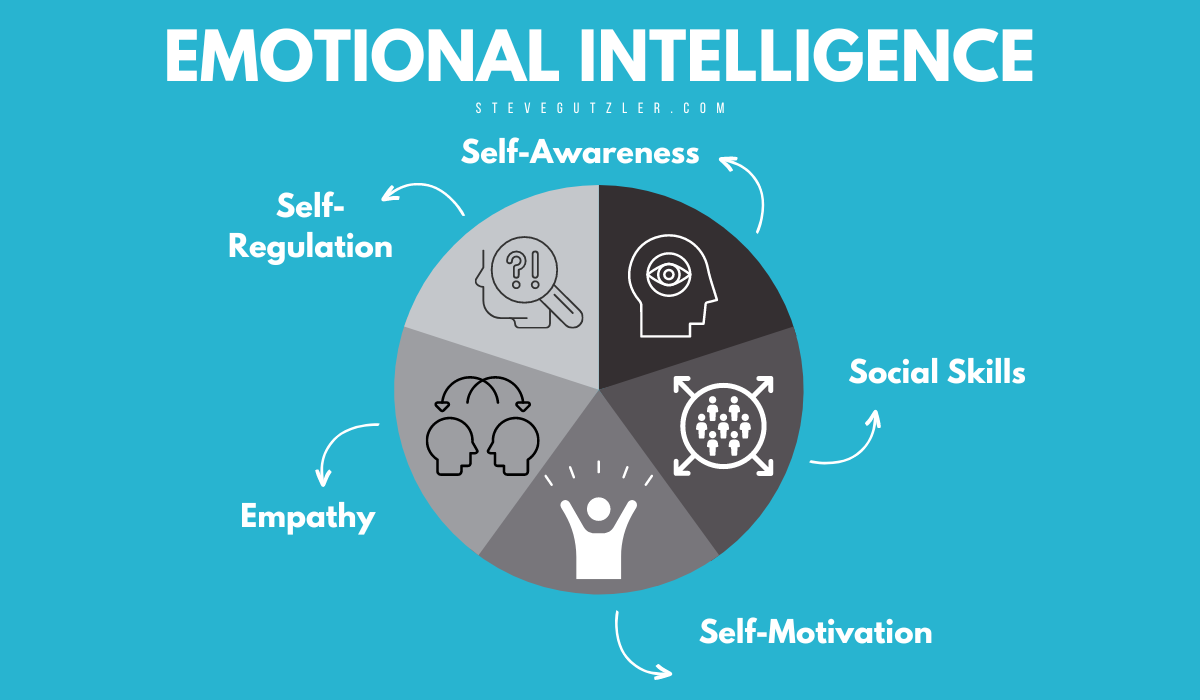
The emotional and mental state of students is equally as important as their intellectual capabilities in determining success in today's challenging academic world. It is defined as the ability to identify manage and utilize one’s own emotions and the emotions of others. Mindfulness is also defined as being fully aware of one's thoughts, emotions and sentiments without feelings or judgement getting in the way.
The Importance of Mindfulness in Education
Equally as important as achieving learning competencies is the ability to effectively manage anxiety and sleep better. This has been aided by the use of technology where students are able to meditate online by following guided instructions. Starting with taking deep breaths to guided meditative journaling which students are able to do with the aide of their smart devices. All which have been proved effective to assist with stress management and self awareness.
Mindfulness has been proved to assist with the regulation of emotions and aid in reduction of stress levels. This further helps in improving relations between students and teachers as well as peers.
Emotional Intelligence Explained
The term emotional intelligence pertains as much to one’s thoughts and feelings as it relates to a person’s empathy and self-regulation. These emotions, as well as others, form the basis of social skills.
Finding a solution to a problem, coping with it, and addressing it in the appropriate manner is possible when a person develops emotional intelligence. Teachers have recorded improved behavior, better social interactions among students, and a stronger sense of community in school after EI has been integrated into the school curriculums.
How does this affect academic performance?
Synergizing mindfulness with emotional regulation gives the following results among students:
Mindful and attentive behavior: Students devoid of distractions result in better productivity and more region focused during lessons or teachin
Less anxiety and stressful situations: Having emotional intelligence allows a student to manage social, deadline and examination pressure efficiently.
Better interpersonal communication: With higher social and emotional intelligence students with good EI are able to express themselves and listen to other people making the classroom more respectful and interactive.
Improved optimism and self-esteem: As these students experience enhanced motivation on goals and an increased likelihood of perseverance, they are more likely to experience set backs without problems or anticipate obstacles.
Ways To Foster Skills In Schools
Innovation driven institutions have started incorporating the elements of mindfulness and emotional intelligence to the school routine. The introduction of mindfulness sessions at the start of each day, emotion-based check ins, and SEL (Social Emotional Learning) is steadily gaining acceptance.
Teachers also greatly impact the development of students by maintaining composure, showing empathy toward students, and encouraging dialogue in the classroom. Parents have the opportunity to further this development by fostering an empathic atmosphere and encouraging students to process their feelings in safe and supportive spaces.
A Stepping Stone Towards Achieving Balanced Success
Students who have a firm grasp of emotional intelligence and mindfulness are likely to excel in all areas of life, not just academically. These skills lead to improved mental well-being, quality relationships, and success professionally in later years. By incorporating these principles, schools ensure that students are poised to tackle real world challenges and emerge as well-rounded people.
For those in search of a school that strikes the perfect balance between fostering academic achievement and nurturing emotional growth, the top school in Gurgaon is their destination. Such schools are hallmark of imbalanced focus on academics along with moodboosting activities and emotional skills focus.
FAQs
Q1: Is it possible to teach mindfulness to preschool-aged children?
Absolutely! Younger kids can learn mindfulness techniques, such as deep breathing or storytime, which help cultivate focus and emotional awareness.
Q2: Can emotional intelligence overshadow IQ?
Emotional intelligence is essential in relations management, stress management, and even achieving success which makes it just as vital as IQ.
Q3: What can parents do to promote mindfulness at home?
Mindfulness can be modeled by parents, encouraged through writing exercises, and through the incorporation of daily quiet moments for thinking.